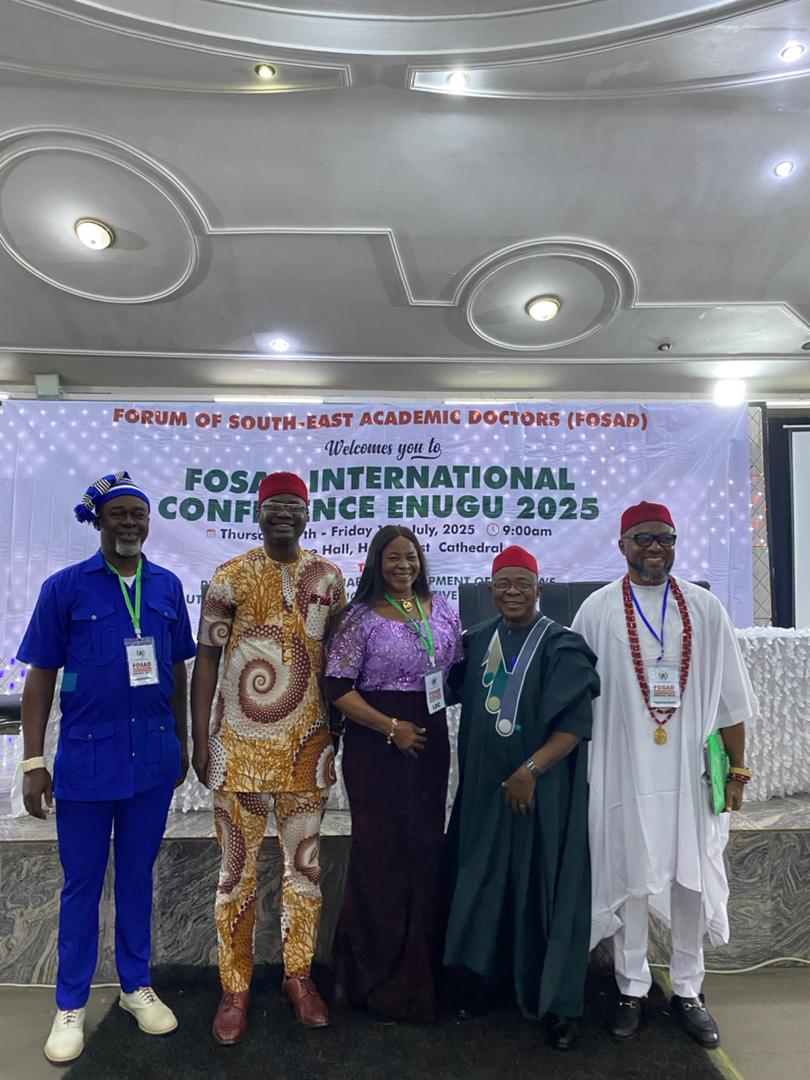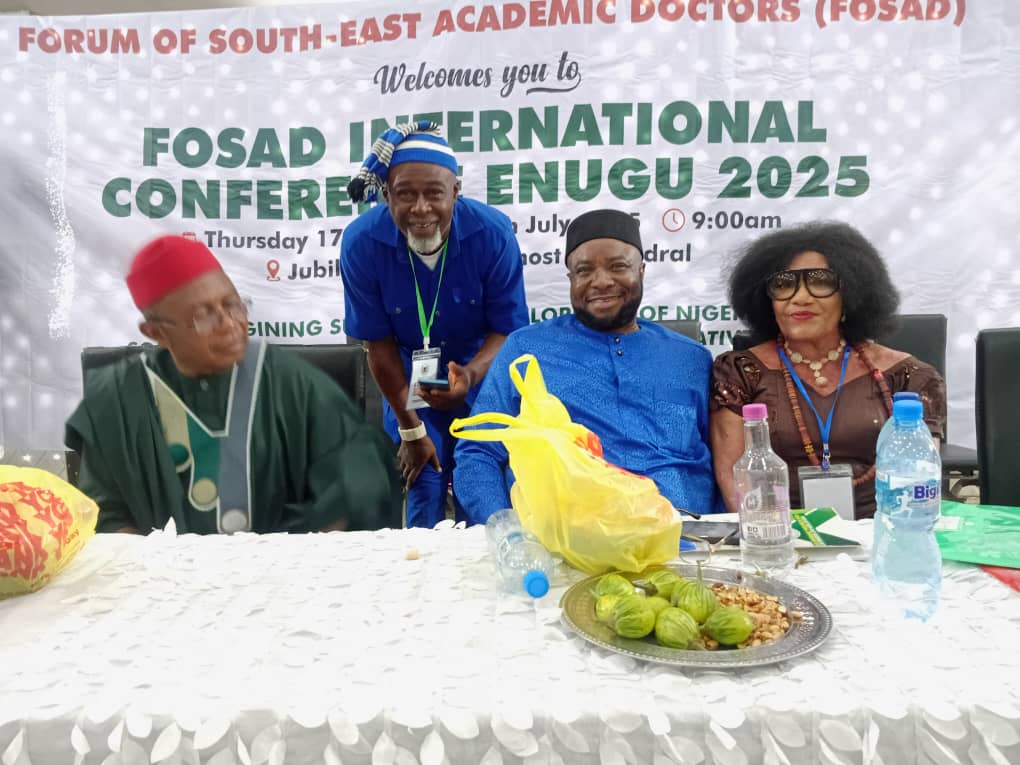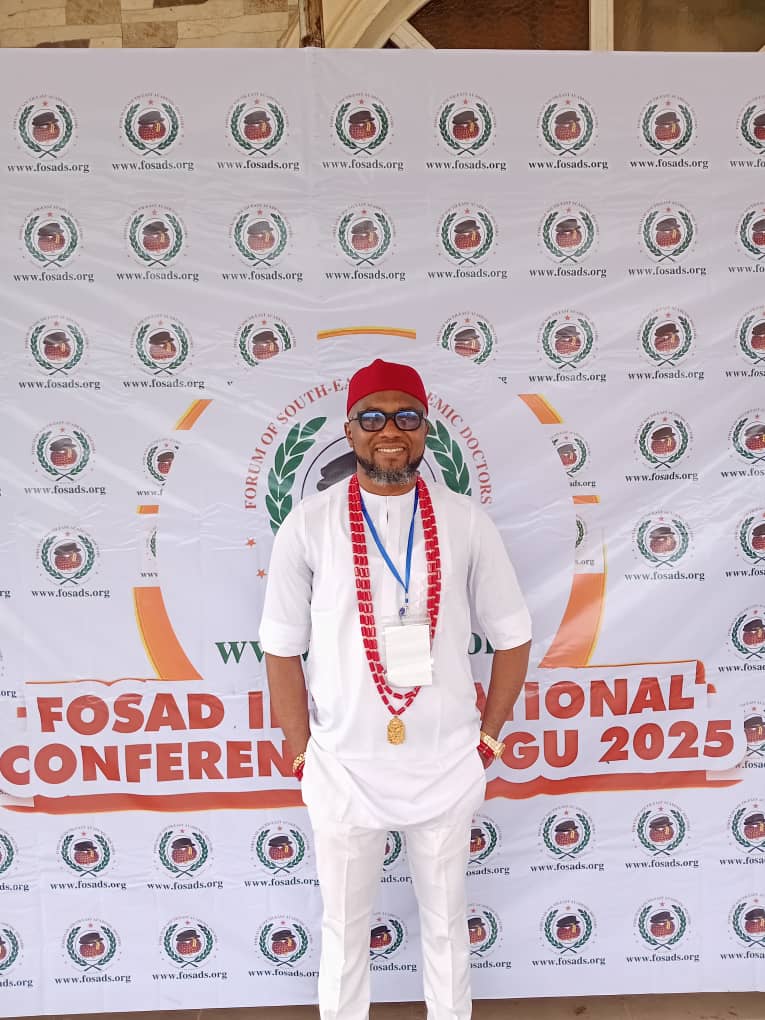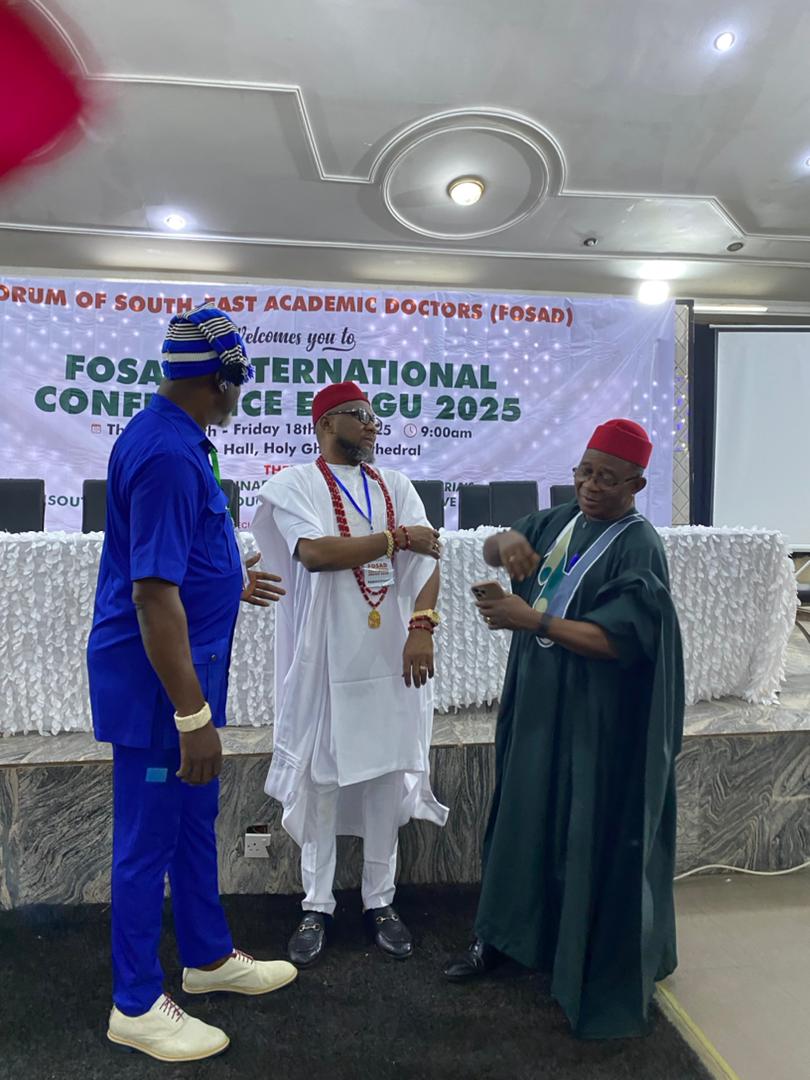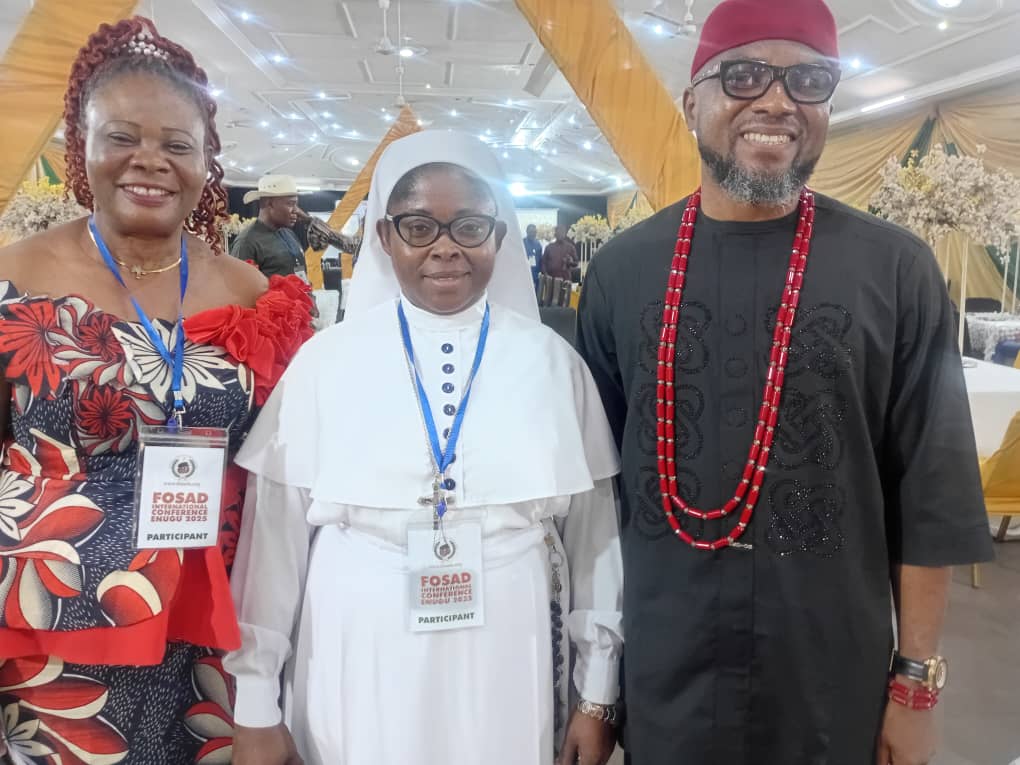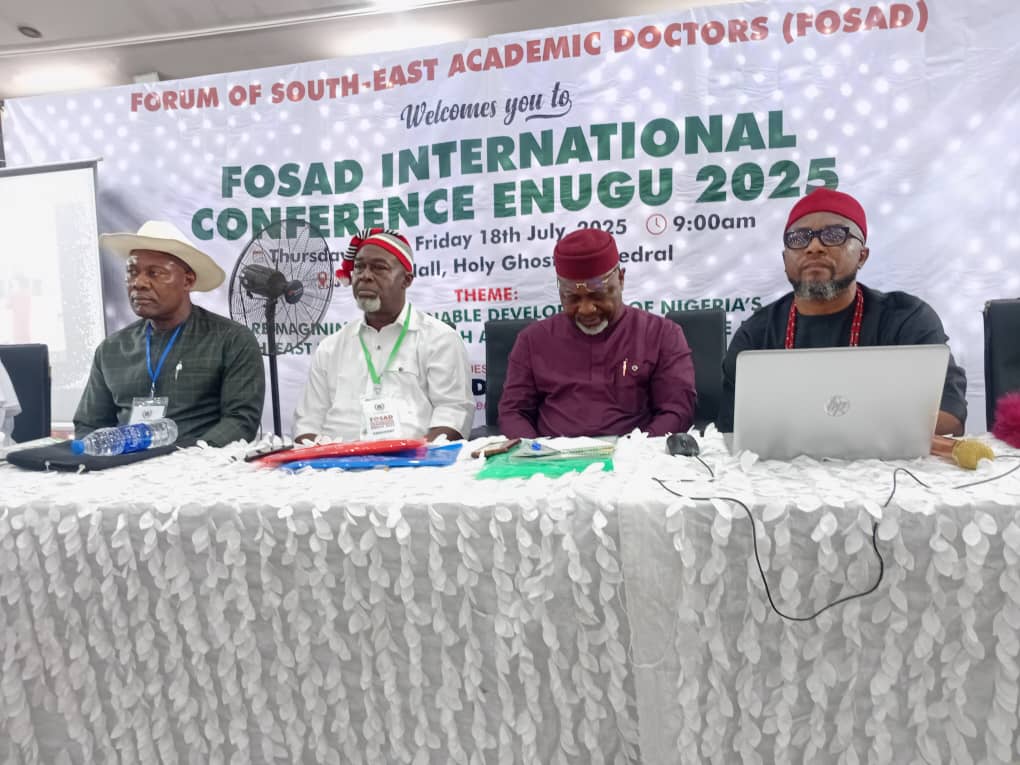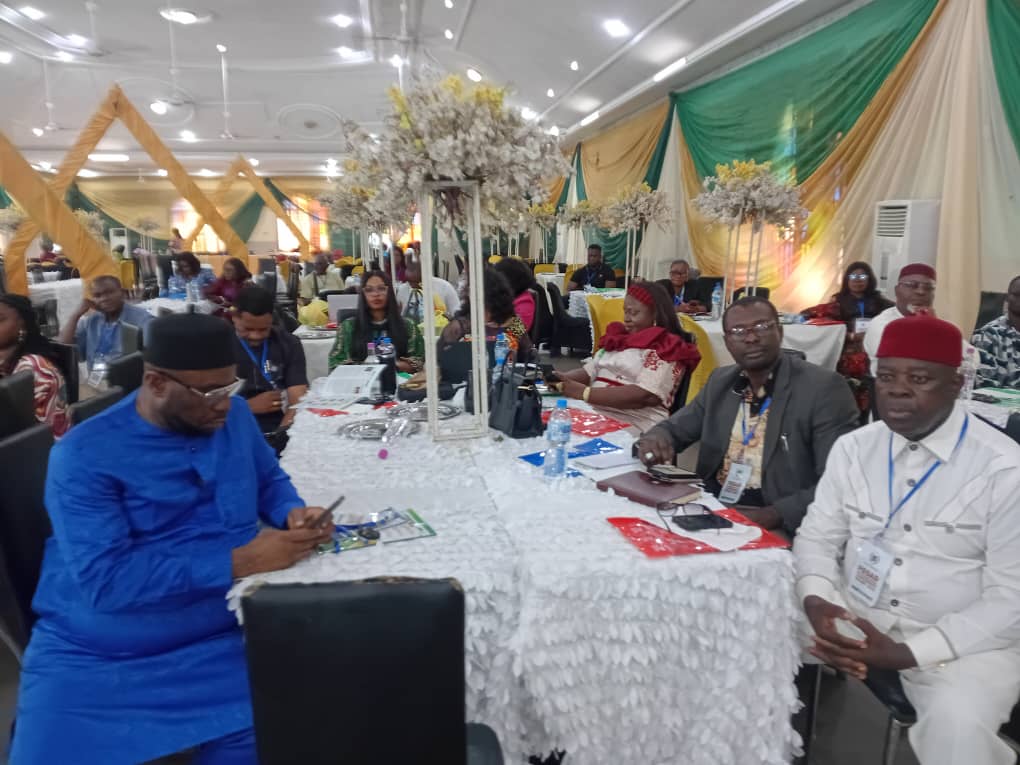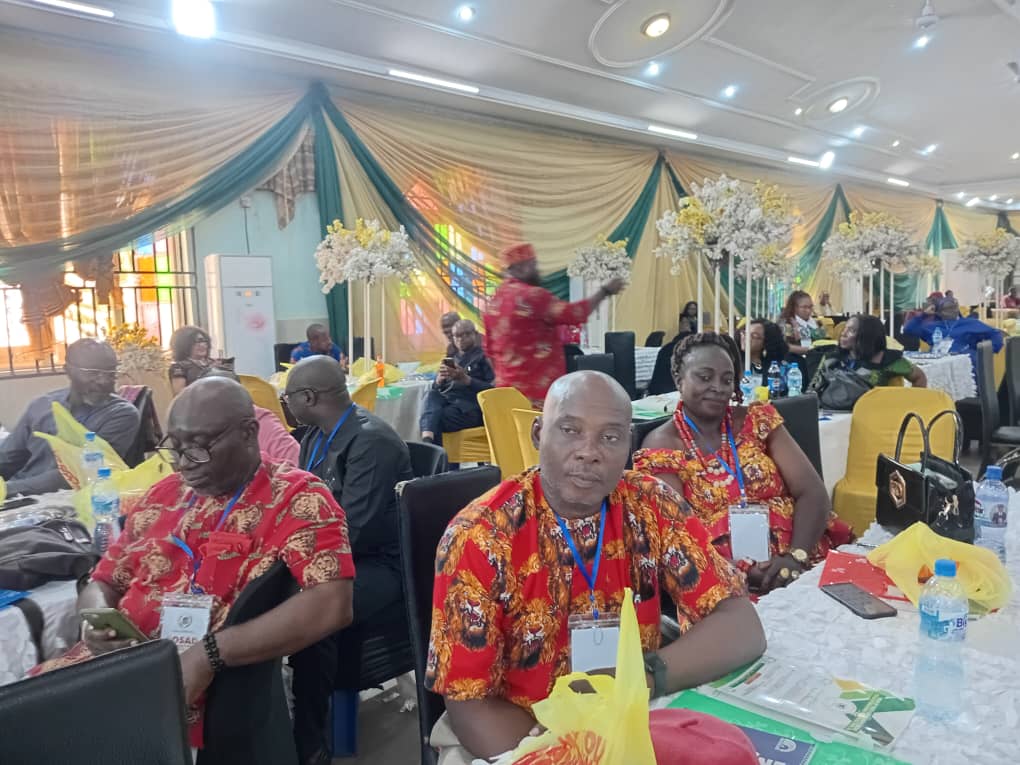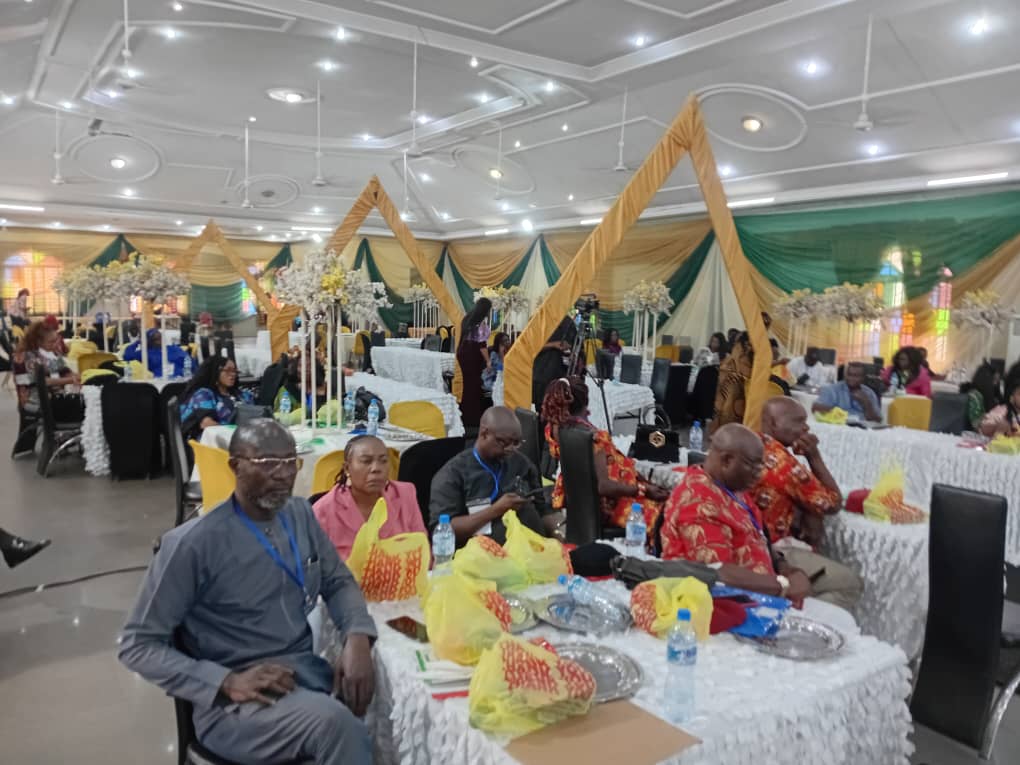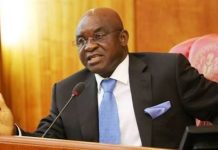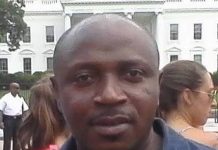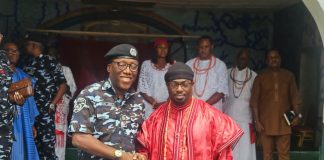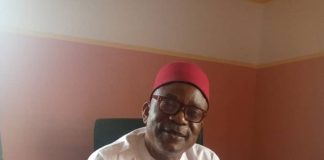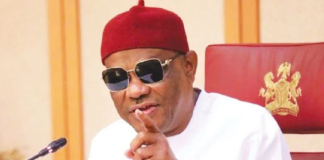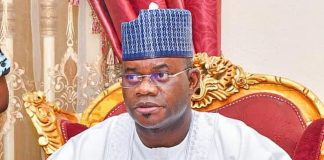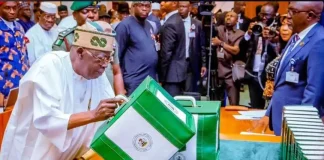🌿 Ruzu Non-Alcoholic Herbal Bitters
Ruzu Non-Alcoholic Herbal Bitters is a natural health supplement specially formulated to:
- ✅ Promote general wellness
- ✅ Detoxify the body
- ✅ Support the treatment of various ailments
Made from a powerful blend of 100% organic and medicinal herbs, Ruzu is completely alcohol-free, making it ideal for:
- 👪 All age groups
- 🌱 Health-conscious individuals
- 🌿 Anyone seeking non-alcoholic herbal remedies
Whether you're looking to boost your vitality, cleanse your system, or support healing the natural way, Ruzu Bitters offers a trusted herbal solution.
Peter Mbah Urges Academics to Join Politics at FOSAD International Conference in Enugu
By Naomisophysblog
Governor Peter Mbah of Enugu State has called on academic doctors across Nigeria’s South-East region to take an active role in politics, warning that their continued absence from the political space is paving the way for less competent individuals to dominate governance structures.
Represented by the Commissioner for Environment, Prof. Samuel Ugwu, the governor made the remarks while serving as Special Guest of Honour at the 2025 International Conference of the Forum of South-East Academic Doctors (FOSAD), held in Enugu. The theme of the conference was “Reimagining Sustainable Development of Nigeria’s South-East Region Through a Disruptive Innovation Model”.
Governor Mbah decried what he described as a lackadaisical attitude by academics towards political participation, urging them to leverage their intellectual capacity to effect meaningful change in society.
“You must not allow charlatans to take over the political structure,” he said, adding that the challenges facing the South-East require informed, courageous, and committed leadership.
The conference featured two keynote speakers, Professor V.A. Onodugo and Professor Ofili Ugwudioha, who delivered in-depth presentations on disruptive innovation, policy transformation, and sustainable regional development.
At the conclusion of the two-day conference, FOSAD issued a communiqué capturing the collective resolutions and insights of its members.
Key points from the communiqué include:
1. Preservation of Igbo Language: Members unanimously agreed on the urgent need to preserve and promote the Igbo language, warning that it must not be allowed to go extinct.
2. Political Engagement: The Forum emphasised that academics must actively engage in politics to prevent the continued leadership of society by the uneducated or ill-prepared.
3. Climate Change Advocacy: Academic doctors were urged to champion environmental protection efforts and lead campaigns addressing the escalating effects of climate change.
4. Support for Agriculture: FOSAD called on government at all levels to create an enabling environment for farming and agricultural enterprises to thrive across the South-East.
5. Harnessing Resources: The communiqué stressed that the Southeast is richly endowed with both human and mineral resources, which must be strategically harnessed by the region’s governors to drive socio-economic transformation.
6. Academic-Government Collaboration: The Forum encouraged the governors of the South-East states to partner with FOSAD as a knowledge-based advisory body in developing and implementing regional development plans.
7. Condemnation of “Eze Ndigbo” Abroad: FOSAD strongly condemned the continued practice of self-acclaimed “Eze Ndigbo” titles among members of the Igbo Diaspora, describing it as a distortion of traditional leadership structures.
8. Support for Constitutional Reform: The Forum declared its support for the position of The Patriots, a civic coalition advocating for constitutional reforms that will strengthen federalism and promote national unity.
9. Insecurity: FOSAD urges the governors in the southeast to tackle the prevalent insecurity in the region.
10. JAPA Syndrome: Harnessing the natural resources in the region and industrialisation leading to an abundance of food and employment will reduce the zeal to relocate abroad among youths.
The conference drew participation from a wide array of intellectuals, policymakers, and development experts from across the South-East and beyond.
It concluded with a renewed commitment by FOSAD to remain a critical stakeholder in the discourse around sustainable development, innovation, and governance reform in Nigeria.
More photos:

